The US military has confirmed the deaths of a senior Islamic State (ISIS) leader and his two sons during a precision raid in northern Syria early Monday. The operation, conducted by US Special Operations forces, was carried out near the town of Suluk in Raqqa province, a former stronghold of the now-defunct extremist group.
The target identified by CENTCOM, Abu Ayman al-Iraqi, is said to be responsible for coordinating ISIS insurgent activity in eastern Syria and western Iraq. US officials said al-Iraqi played a key role in planning and funding attacks against coalition forces, Kurdish security units and local infrastructure in the Euphrates River Valley.
“Abu Ayman al-Iraqi was a senior operational planner and facilitator,” CENTCOM spokesman Col. Joe Buccino said in a statement. “Removing them from the battlefield has significantly reduced ISIS’s ability to organize and launch operations across the region.”
According to U.S. defense officials, the raid resulted in no U.S. casualties and all personnel were safely evacuated.
Operation Details
The operation began shortly after 3:00 a.m. local time, when helicopters dropped special operations forces on a compound suspected of housing al-Iraqi and other ISIS-affiliated individuals. Intelligence officials said the location had been under surveillance for weeks, with aerial reconnaissance confirming the presence of the target and his sons, both of whom were identified as mid-level ISIS operatives.
During the raid, U.S. forces encountered armed resistance. A firefight ensued, killing three of the main targets. Local sources reported multiple explosions and low-flying helicopters circling the area for about an hour.
U.S. The military seized electronic devices, documents and weapons from the compound, which are now being analyzed for intelligence purposes.
ISIS Resurgence and U.S. Commitment
While the Islamic State no longer holds territory, remnants of its leadership operate in decentralized cells across Syria and Iraq, launching hit-and-run attacks, assassinations and bombings. In recent months, the U.S. and partner forces have increased pressure on these networks through drone strikes, raids and joint patrols with the Kurdish-led Syrian Democratic Forces (SDF).
Defense analysts say the raids demonstrate the U.S.’s continued commitment to dismantling ISIS command structures and preventing the group from regrouping.
“This is a reminder that while ISIS may no longer be a caliphate, its leadership remains a threat,” said Charles Lister, a senior fellow at the Middle East Institute. “High-value targeted attacks are essential to prevent the reorganisation of terrorist networks in ungoverned places.”
Further Reading: IDEF 2025: Turkey Showcases Cutting-Edge Defense Innovations and Secures Major Export Deals
Regional and political implications
The attack comes amid renewed debate in Washington over the future of the US deployment in Syria, where about 900 American troops are stationed. Some lawmakers have called for a troop withdrawal, but Pentagon officials argue that a permanent mission is important to support regional partners and counter-terrorism efforts.
The Syrian government condemned the action as a violation of sovereignty, while Kurdish officials welcomed the attack, noting that ISIS elements continue to target SDF patrols and infrastructure in northeastern Syria.
In a statement, the U.S. National Security Council reaffirmed its commitment to working with regional allies to ensure that “ISIS cannot re-emerge and pose a threat to the stability of the region or the security of the American people.”
You may also like: IDEF 2025: Turkey Showcases Cutting-Edge Defense Innovations and Secures Major Export Deals
Conclusion
The targeted killing of Abu Ayman al-Iraqi and his sons marks another strategic success in the ongoing U.S. campaign against ISIS remnants in Syria. As the group continues to adapt and thrive in the shadow of a collapsed region, such sustained operations remain a pillar of counterterrorism strategy in the Middle East.
FAQs: Questions & Answers
Abu Ayman al-Iraqi was a top ISIS leader who helped plan attacks in Syria and Iraq. He was known for funding and organizing operations against US forces, Kurdish fighters, and local security units. Taking him out would reduce ISIS’s ability to regroup and launch new attacks.
While ISIS no longer controls the ground, it still operates small clandestine cells that carry out bombings and ambushes. The raid shows that the US is still serious about preventing the resurgence of ISIS. This ties into a trending global security topic – how extremist groups adapt even after losing territory.
Currently, about 900 American troops remain in Syria. Some US lawmakers want them to come home, but the Pentagon says they still need to prevent ISIS from returning. The discussion is trending as part of a larger conversation about the US military presence in the Middle East and its role in the global fight against terrorism.
Also Read: Russia’s Tank Losses in Ukraine Top 4,000, Visual Evidence Confirms
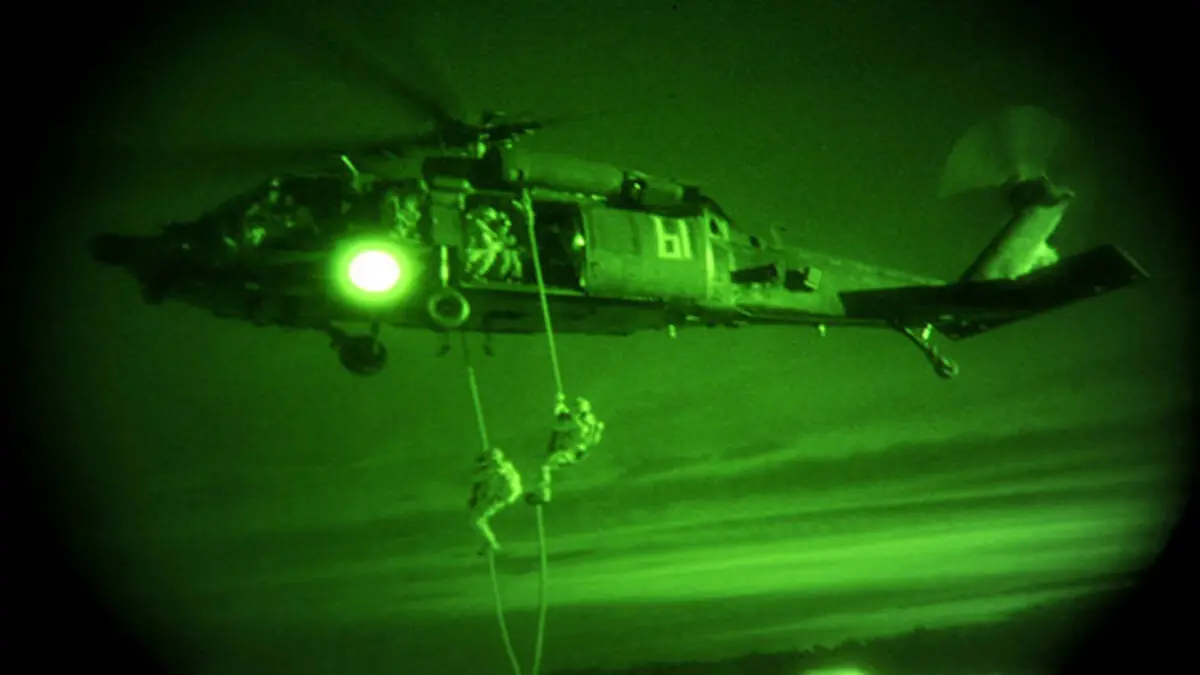
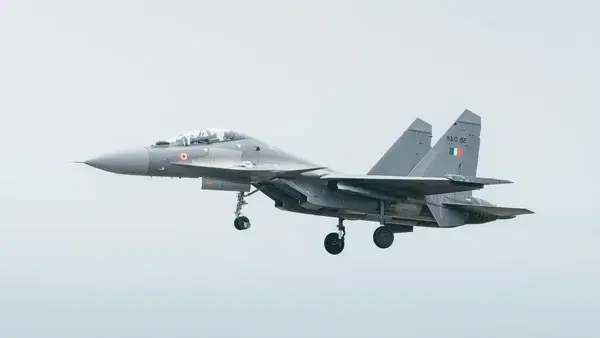
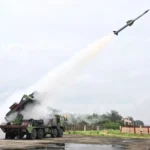
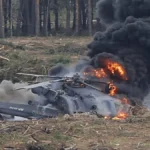
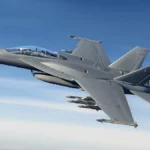



Leave a Reply